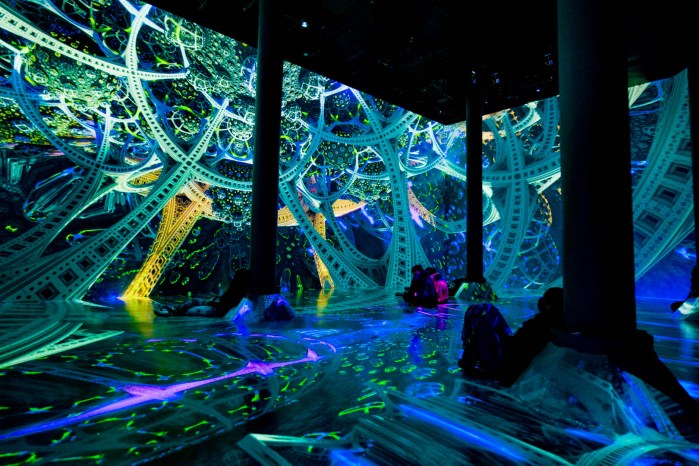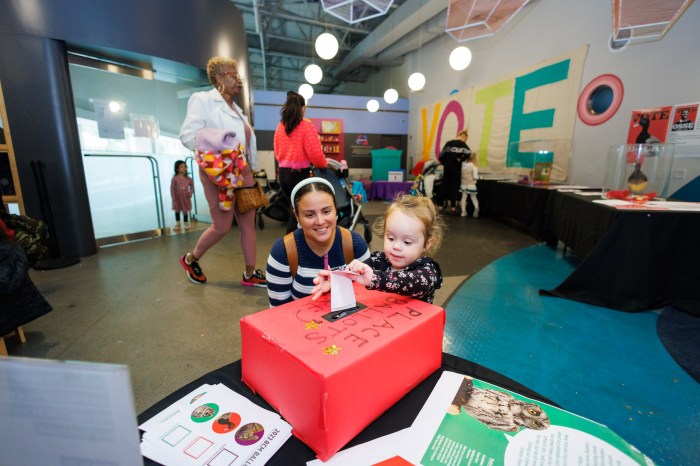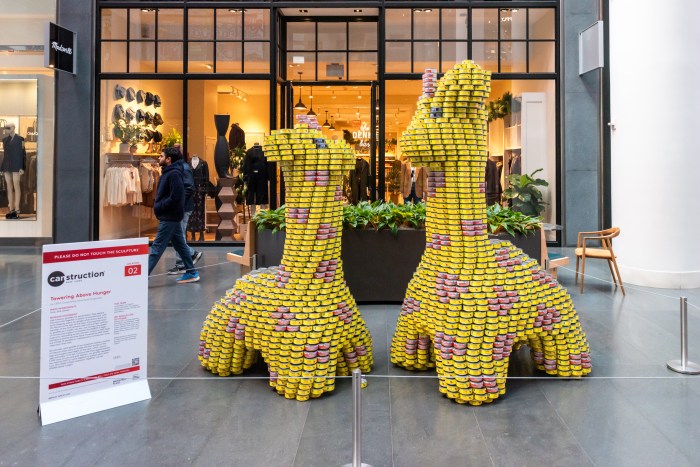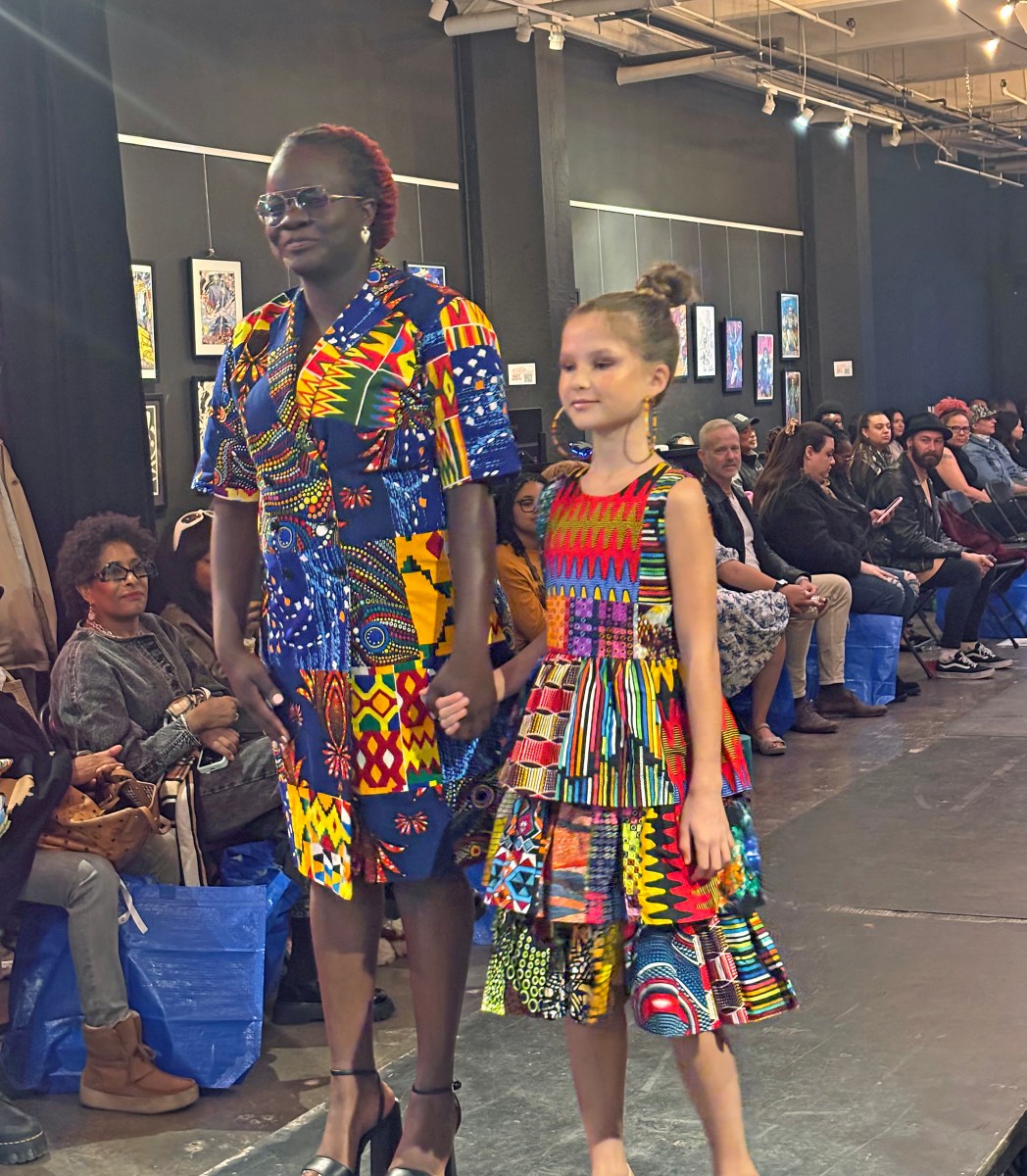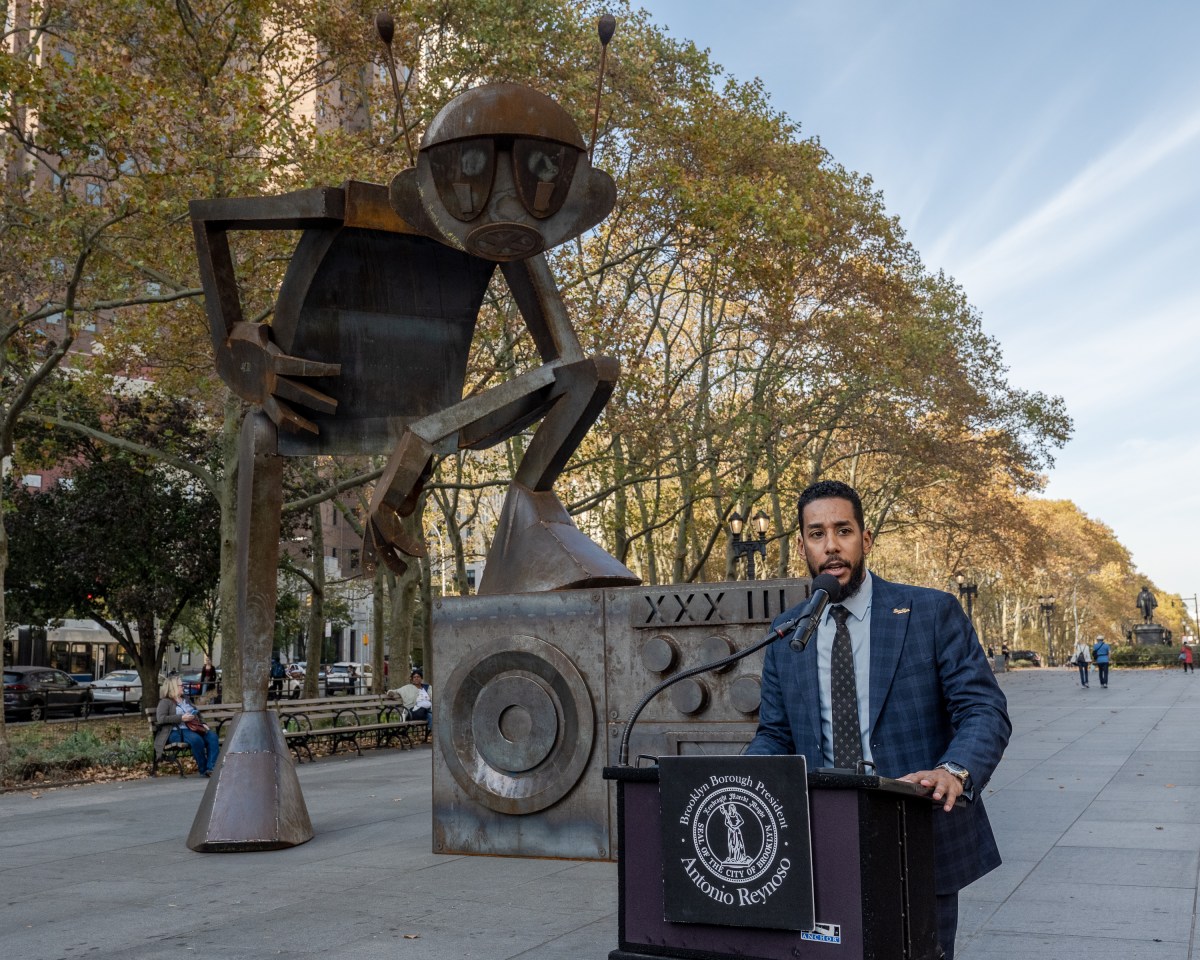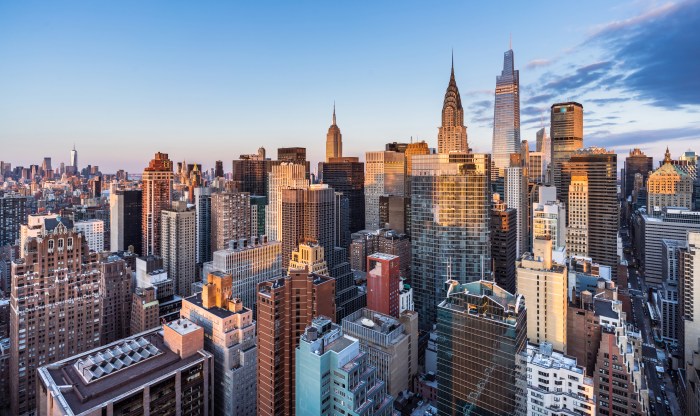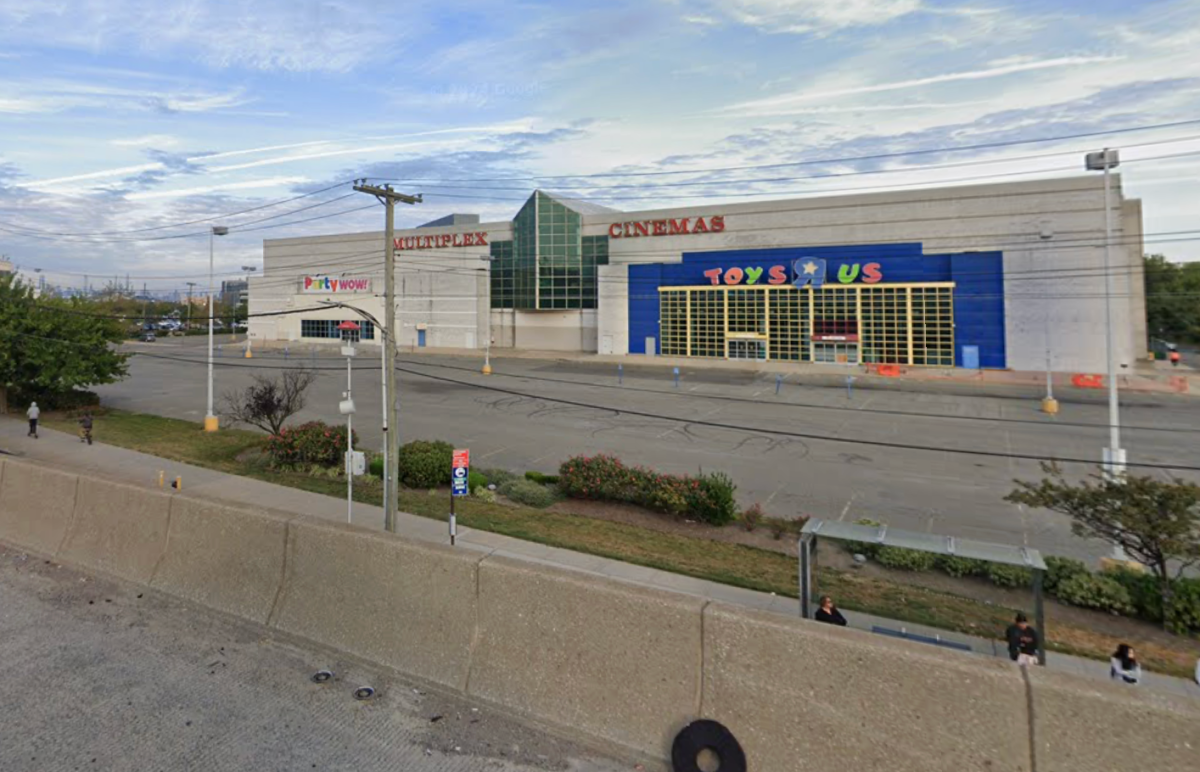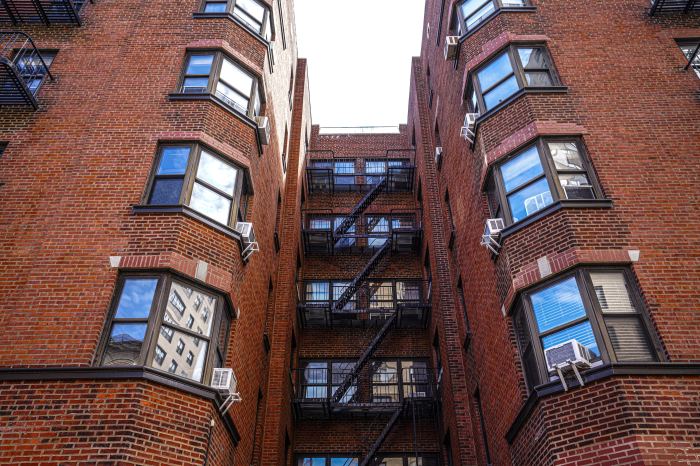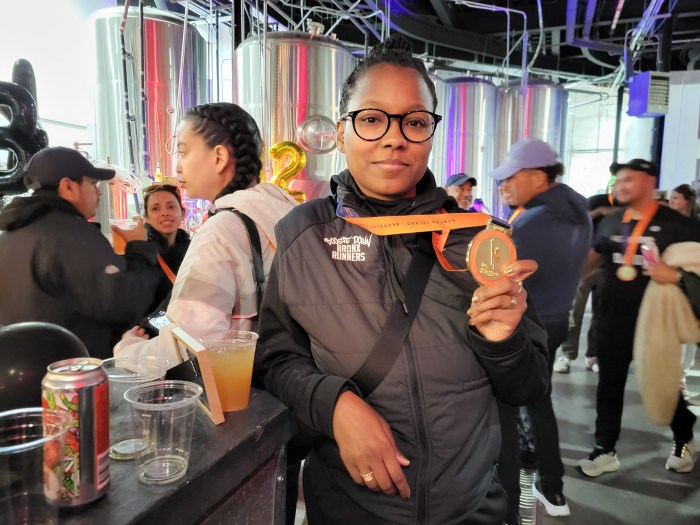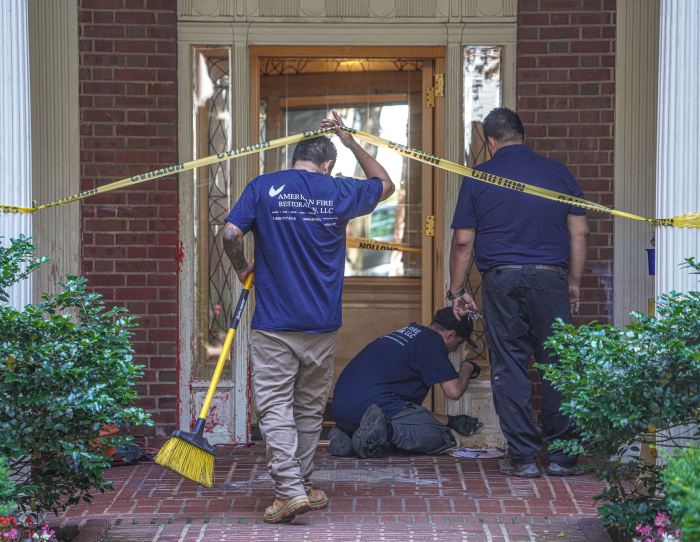
The city has begun testing its hypothesis that real estate costs and other hurdles stood in the way of a booming life science sector by supporting three biotech incubators.
Two of the incubators, which offer young companies an affordable workspace, lab equipment and networking opportunities, have started welcoming tenants. But data on the strategy’s success has been sparse.
The city’s Economic Development Corporation and business leaders have long argued the city’s research sector was thriving, but that knowledge often gets commercialized elsewhere — often in Boston’s and San Francisco’s biotech hubs. They typically note that the city’s collective National Institutes of Health funding for scientific research pales in comparison to the amount of venture capital funding invested in the industry’s local startups.
The EDC did not respond to questions about how much venture capital these incubators’ tenants have begun pulling in, although one of the hubs has only been open for a week and a half.
An EDC spokeswoman said that the corporation will look at the number of companies in these hubs, how many they employ, and how much in venture capital they collect, but did not respond when asked when this information will be available.
After winning a bid to establish a commercial life science campus on city land in 2005, Alexandria Real Estate Equities opened a 15,000 square-foot wet lab facility called LaunchLabs last June. In its first year, the space has grown from eight to 20 tenants, most of whom are focused on therapeutic or drug research, according to Jenna Foger, senior vice president of Science and Technology at Alexandria. She said about 25 percent of the incubator remains vacant.
Alexandria LaunchLabs’ rates start at $1,995 a month for a desk and wet lab bench. Beyond describing the space as affordable, Foger said the incubator helps connect companies to venture capital funding and a community of fellow scientists to swap ideas with. An Alexandria representative did not respond to an inquiry about how much venture capital the tenants have collectively received before deadline.
BioLabs@NYULangone began welcoming companies in December, after the city announced it would provide $5 million for the 50,000 square-foot office and lab facility for more mature startups. The city said the space was designed to accommodate up to 35 firms, but since the downtown Manhattan facility is only partially finished, about four to six companies are operating there at the moment, according to a BioLabs representative.
BioLabs charges $400 per person a month and $3,600 per bench a month, according to its website.
Nicole McKnight, managing director at BioLabs@NYULangone, said it was too early to have data on the amount of venture capital funding the companies at BioLabs have received.
And last week, a subsidiary of Johnson & Johnson opened a 30,000 square-foot facility, with $17 million in state support, at the New York Genome Center in SoHo. The hub, called Jlabs@nyc, opened with 26 companies and space for four additional firms.
Jlabs@nyc, which focuses on life sciences and health technology innovation, expects most biotech companies to grow out of the incubator in about two years.
The incubator did not respond to a question about pricing and said that, given its recent opening, it did not yet have information on tenants’ success in attracting venture capital investments.




